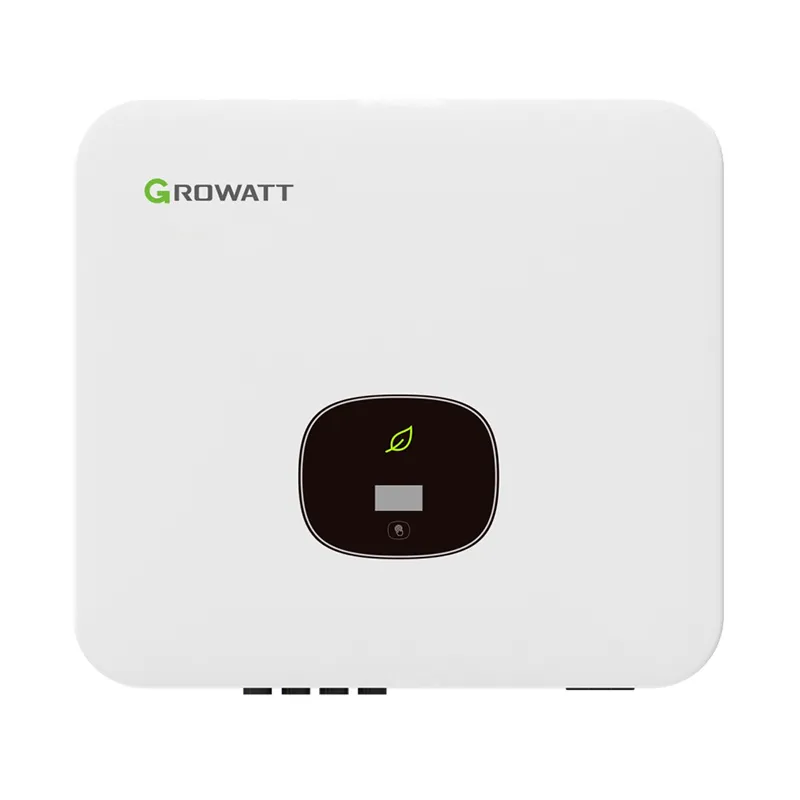Cost of 365 Watt Solar Panels and Their Benefits for Homeowners
Understanding the Cost of 365 Watt Solar Panels
As the world increasingly turns to renewable energy sources to combat climate change and reduce dependence on fossil fuels, solar energy has emerged as one of the most popular choices. Among the various options, a 365 watt solar panel stands out due to its efficiency and output capacity, making it a preferred choice for both residential and commercial installations. In this article, we will explore the factors influencing the price of 365 watt solar panels and provide an overview of what you can expect when considering a solar investment.
The Basics of Solar Panel Pricing
The price of solar panels can vary significantly based on several factors including brand reputation, efficiency ratings, warranty offerings, and technological advancements. Generally, solar panel prices are quoted per watt, making the calculation straightforward. For instance, if a 365 watt solar panel is priced at $0.50 per watt, the total cost for one panel would be approximately $182.50. However, the total cost will also include other components like inverters, mounting systems, and installation fees, which can add substantially to the overall investment.
Factors Influencing Price
1. Brand and Quality Established brands with a proven track record often charge a premium for their products. Solar panels from these brands tend to have better efficiency rates, longer life spans, and more comprehensive warranties. While opting for a lesser-known brand may save money upfront, it could result in higher long-term costs due to lower efficiency and shorter warranties.
365 watt solar panel price

2. Solar Panel Efficiency The efficiency of a solar panel refers to its ability to convert sunlight into electricity. Higher efficiency panels typically come at a higher price but can generate more electricity in the same amount of space. When considering 365 watt panels, examining their efficiency rating will help determine whether they are worth the price.
3. Market Trends The solar panel market can be affected by global supply and demand, tariffs on imported panels, and changes in government policies or incentives. These factors can lead to fluctuations in prices. It is advisable to keep an eye on market trends and government rebates, which can significantly affect the overall cost.
4. Installation Costs In addition to the price of the solar panels themselves, installation costs can vary widely depending on the complexity of the system, labor rates in your area, and additional equipment needed. On average, installation can account for 10 to 25% of the total cost of a solar system.
5. Incentives and Rebates Many countries and local governments offer rebates, tax credits, and other financial incentives to encourage the adoption of solar energy. These incentives can substantially lower the upfront cost, making solar more accessible to homeowners and businesses alike.
Conclusion
Investing in solar energy, such as with a 365 watt solar panel, can be a wise financial move, especially as energy prices rise and the need for sustainable options increases. Understanding the components that affect pricing can help consumers make informed choices. While the initial costs may be significant, the long-term savings on energy bills, combined with potential government incentives, can lead to a substantial return on investment over time. Shop around, do your research, and select the right panels and installation approach that fit your needs and budget. With the right planning, harnessing the power of solar energy can be both an environmentally friendly and economically sound decision.
-
String Solar Inverter: The High-Efficiency Solution for Smart Solar EnergyNewsJul.14,2025
-
Revolutionizing Rooftop Energy with the Power of the Micro Solar InverterNewsJul.14,2025
-
Power Independence with Smart Off Grid Solar Inverter SolutionsNewsJul.14,2025
-
On Grid Solar Inverter: Powering the Future with Smart Grid IntegrationNewsJul.14,2025
-
Monocrystalline Solar Panels: High-Efficiency Power for the Future of Clean EnergyNewsJul.14,2025
-
Bifacial Solar Panel: A Smarter Investment for Next-Generation Energy SystemsNewsJul.14,2025







